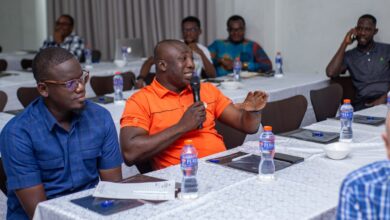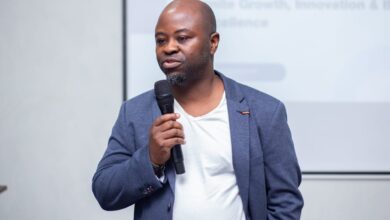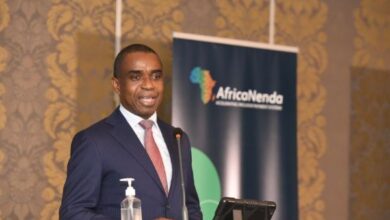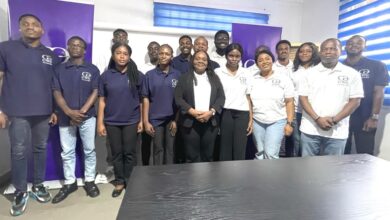MOBEX Africa 2025 Champions Digital Sovereignty for the Continent
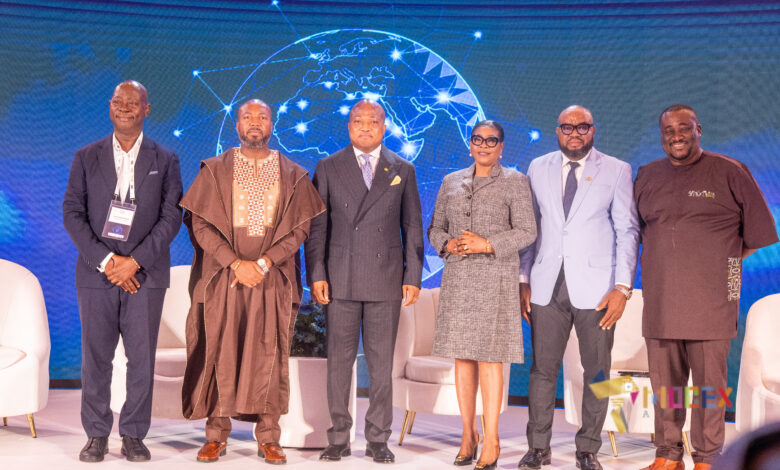
Africa’s leading technology and innovation platform, MOBEX Africa, has called for a digital reset to reclaim the continent’s technological independence and redefine its digital future.
Speaking at the opening of MOBEX Africa 2025, Executive Chairman George Spencer Quaye urged African countries to take ownership of their digital infrastructure, identity systems, and data ecosystems to ensure true sovereignty in the digital age.
Mr. Quaye described the “reset” as a crucial turning point in Africa’s digital journey, one that requires moving from dependence on external technologies to self-determined innovation and control. “We cannot continue to build our digital economies on borrowed platforms and foreign infrastructure,” he said. “Africa’s digital future must be designed, built, and owned by Africans. That is the only path to sustainable digital sovereignty.”
A Call to Reclaim Africa’s Digital Identity
The theme for MOBEX Africa 2025, “The Digital Reset: Owning Our Future,” highlights the need to build systems that reflect Africa’s realities and protect its data assets. Mr. Quaye noted that although Africa has made great progress in mobile innovation, fintech, and connectivity, much of the continent’s digital infrastructure remains externally controlled.
He cautioned that reliance on foreign-owned data centers, cloud services, and social media platforms limits Africa’s ability to shape its own technological and economic direction. “When our data is stored elsewhere, our future is determined elsewhere,” he said. “This is the time for Africa to take its digital destiny into its own hands.”
From Dependency to Digital Empowerment
Mr. Quaye stressed that the digital reset is not about isolation but empowerment through ownership and collaboration. He called on governments, innovators, and the private sector to invest in homegrown technologies and regional infrastructure that can support secure, interconnected digital economies.
He cited African-led innovations in biometric identity systems, interoperable payment platforms, and renewable energy-powered data infrastructure as examples of how the continent is already creating solutions suited to local needs.
Technology as a Tool for Independence
According to Mr. Quaye, true sovereignty in the digital era depends on control of the infrastructure that powers economies and governance. “If we do not own our digital rails, we remain passengers in someone else’s train,” he said.
He called for greater investment in cybersecurity, digital skills training, and policy frameworks that encourage indigenous innovation. “Africa must become a producer of technology, not just a consumer,” he added. “Our young people are creating remarkable solutions; what they need is an enabling environment and the right infrastructure to scale.”
Building a Future Defined by African Innovation
Mr. Quaye reaffirmed MOBEX Africa’s commitment to advancing Africa’s digital sovereignty agenda by bringing together policymakers, innovators, investors, and civil society to shape a unified digital strategy.
“The reset begins with mindset,” he said. “It is about believing that Africa’s problems can be solved by Africans, using technology built in Africa, for Africa.”
As MOBEX Africa marks its tenth anniversary, the message from this year’s conference is clear: Africa’s digital transformation must be driven by ownership, accountability, and innovation. The continent’s future, Mr. Quaye said, will depend on its ability to build technologies that reflect its values, protect its data, and empower its people.
“This is Africa’s time,” he concluded. “We must not just participate in the digital age—we must define it.”

